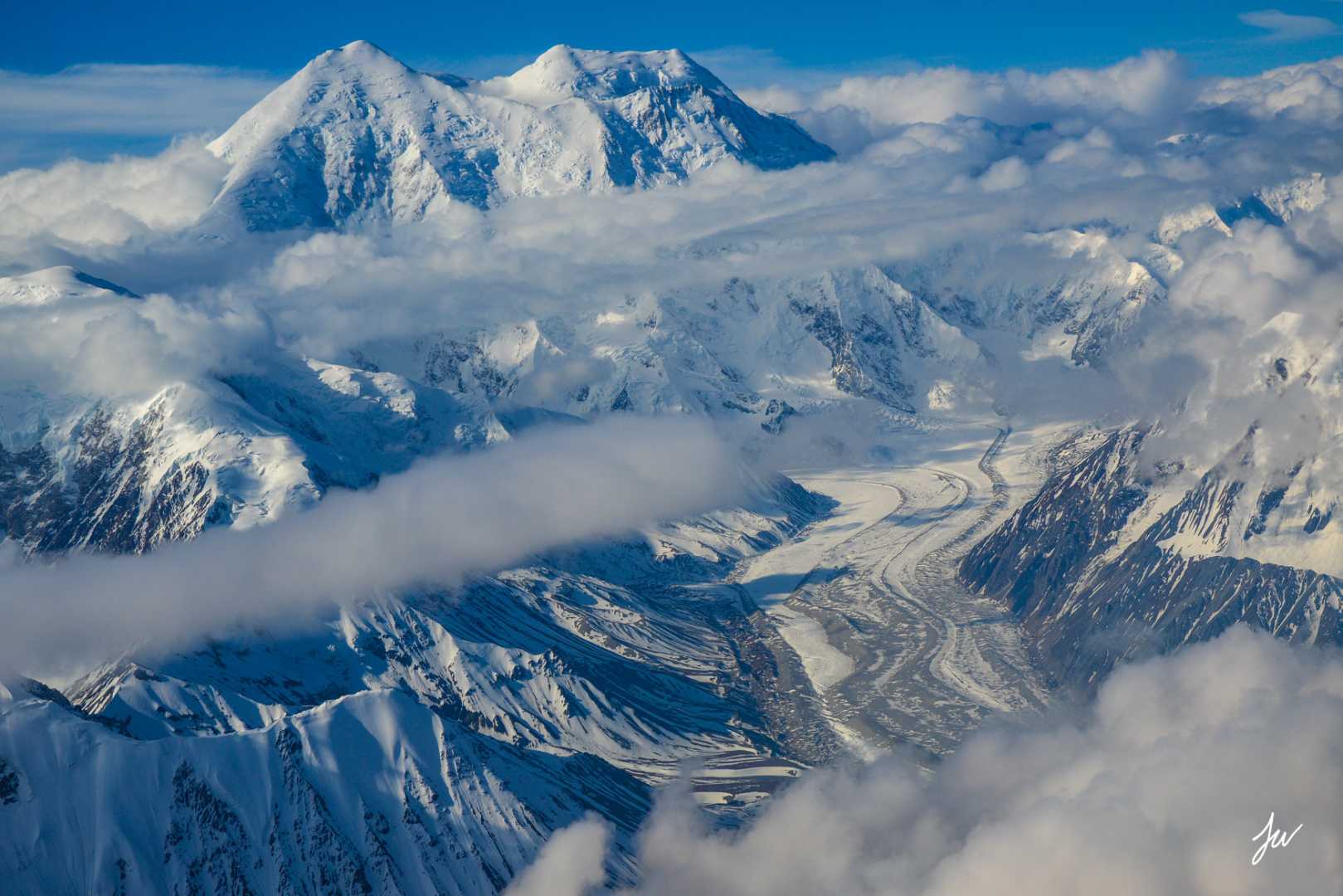Politics
Trump Plans to Rename Denali as Mount McKinley

WASHINGTON, D.C. — President-elect Donald Trump announced Sunday, January 19, 2025, his intention to rename Denali, the highest peak in North America, back to Mount McKinley. The mountain, located in Alaska, was officially renamed Denali in 2015 by former President Barack Obama, honoring the indigenous Athabascan name meaning “the High One.”
“They took his name off Mount McKinley,” Trump exclaimed during a speech. “He was a great president,” he added, emphasizing that his administration would “bring back the name Mount McKinley because I think he deserves it.” The mountain was originally named Mount McKinley in 1896 after William McKinley, the 25th U.S. president, who was assassinated in 1901.
McKinley, a Republican, served as president from 1897 until his death. His presidency was marked by the Spanish-American War and the implementation of protective tariffs to bolster U.S. industries. The mountain was officially designated Mount McKinley in 1917, but the name change to Denali in 2015 was seen as a victory for Alaska Native groups who had long advocated for the restoration of the indigenous name.
In 2015, the U.S. Department of Interior, under Obama’s order, noted that McKinley had no significant historical connection to the mountain or Alaska. Denali had been the official state name since 1975, with Alaska pushing for federal recognition of the name.
Trump’s decision to revert the name aligns with his broader emphasis on American nationalism and historical preservation. “McKinley enriched our country through tariffs and talent,” Trump said. “He was a natural businessman and gave America the money for many of the great things it did, including the Panama Canal, which was foolishly given to the country of Panama.”
McKinley’s legacy includes the McKinley Tariff of 1890, which raised U.S. import duties to protect domestic industries. José Niemeyer, a professor of international relations, noted that Trump’s reference to McKinley symbolizes a return to protectionist policies. “It’s as if he wants to say that American capitalism, with a nationalist bias to protect workers and businesses, is being revitalized under his administration,” Niemeyer said.
William McKinley was born in Niles, Ohio, in 1843. He served in the Union Army during the Civil War and later became a prominent figure in Ohio politics. McKinley was elected to Congress in 1876 and served seven terms, focusing on tariff issues. He was elected president in 1896 and re-elected in 1900, with Theodore Roosevelt as his vice president. McKinley’s presidency ended tragically when he was assassinated in 1901, making him the third U.S. president to be killed in office.
Trump’s announcement has sparked debate, with some viewing it as a nod to historical preservation and others as a rejection of indigenous rights. The move is expected to face legal and political challenges, particularly from Alaska Native groups and environmental organizations.












